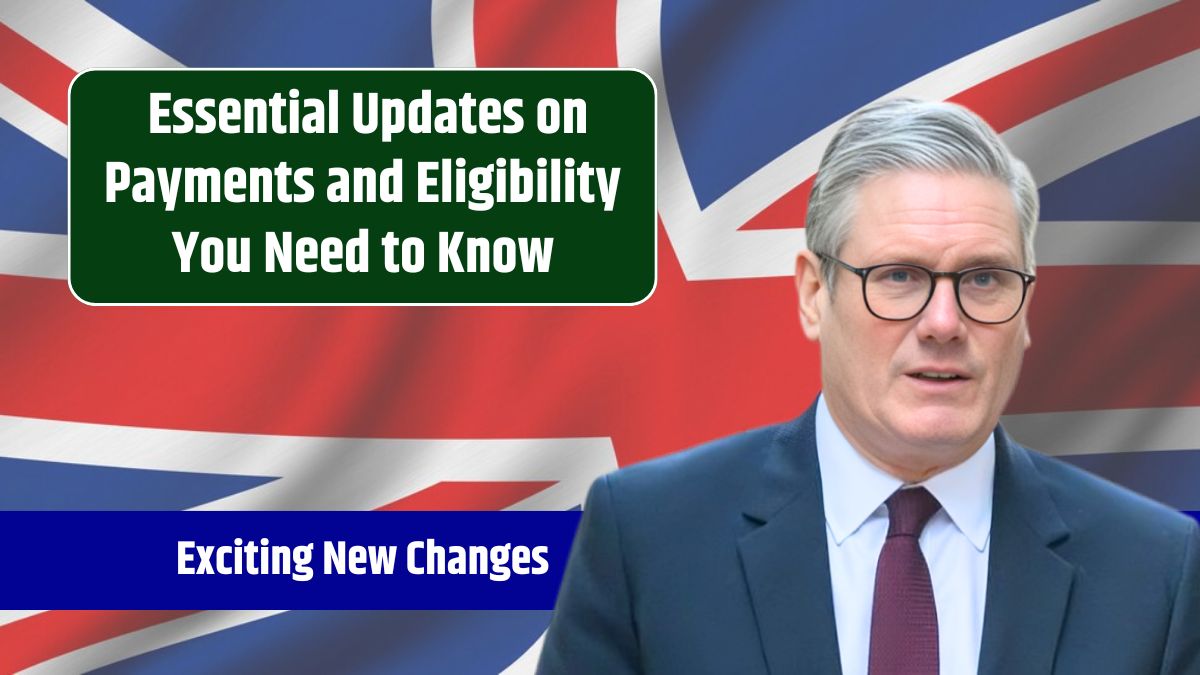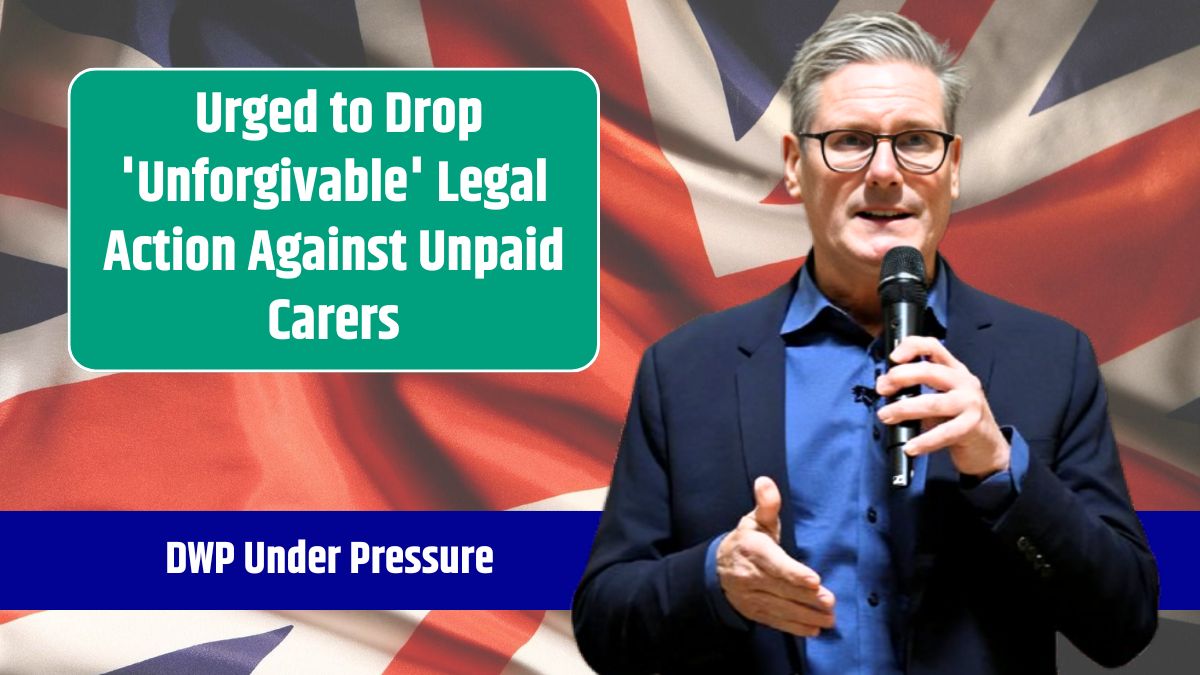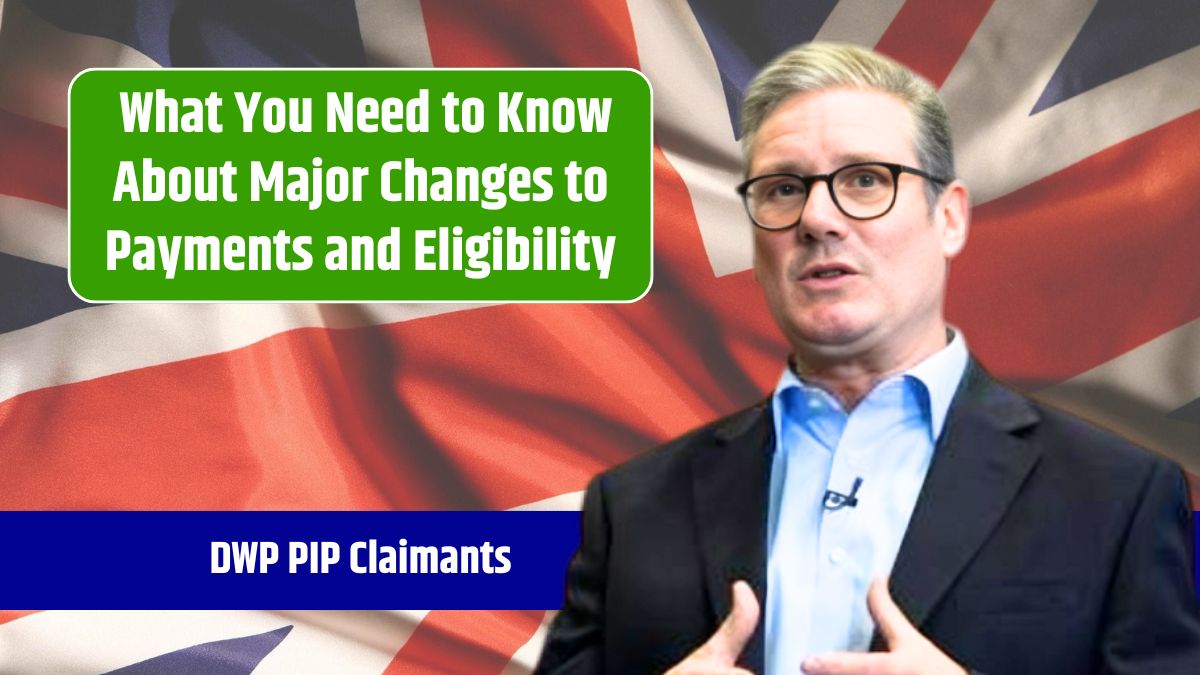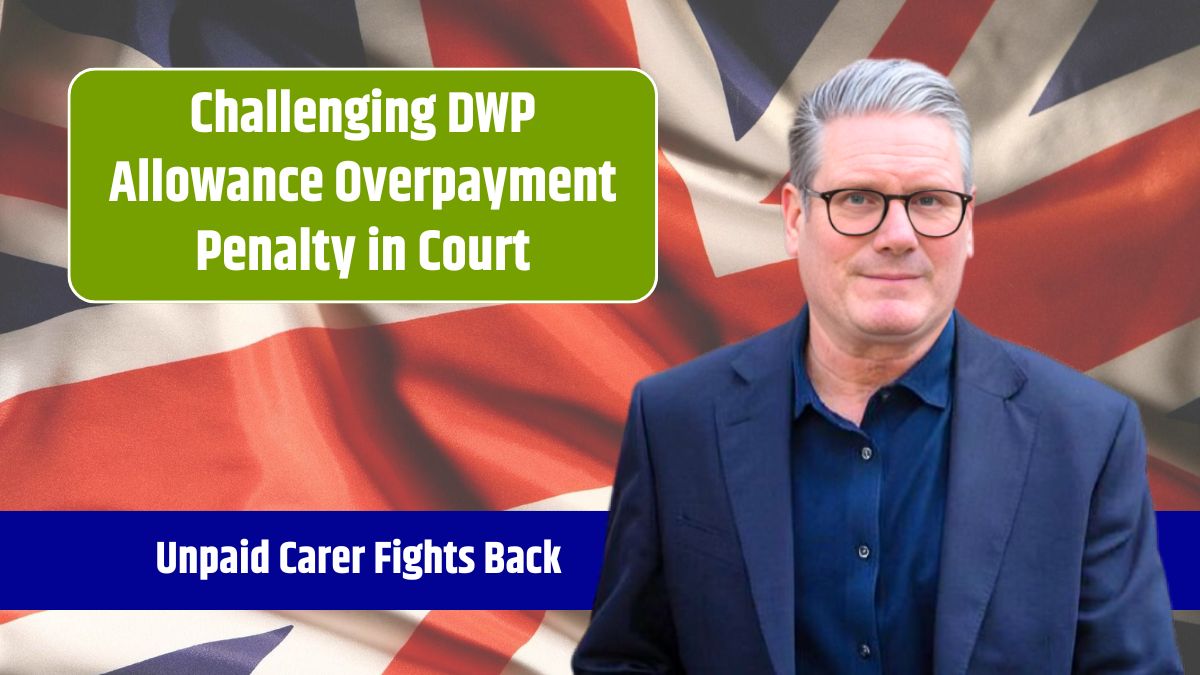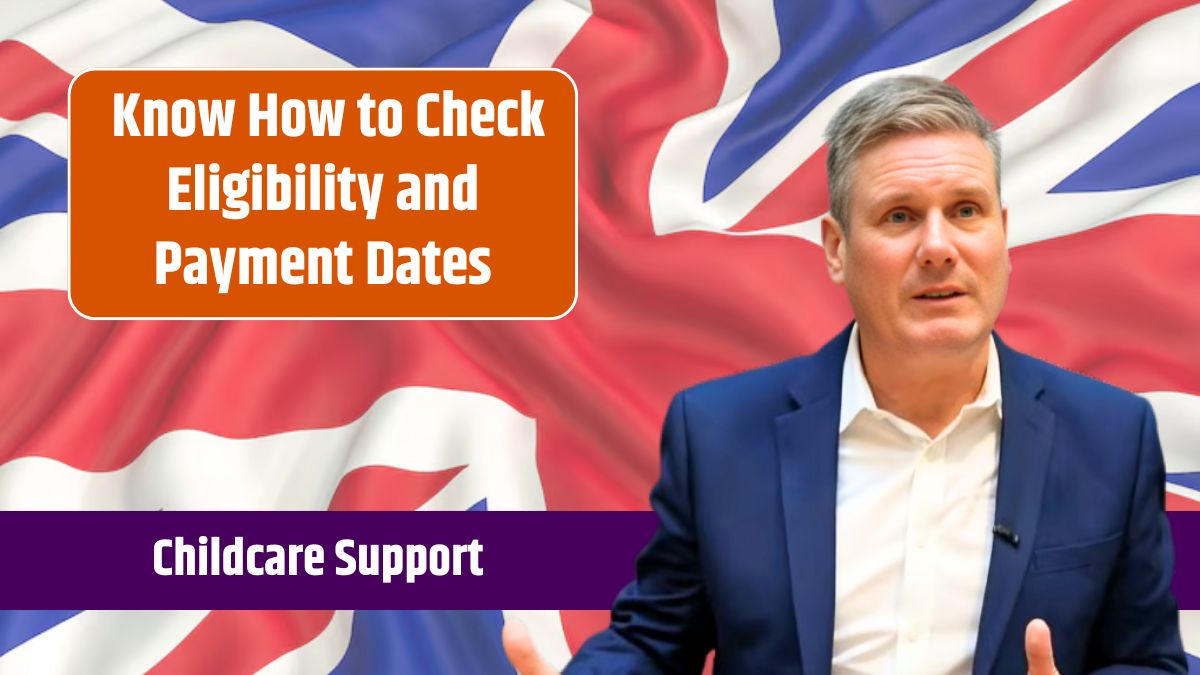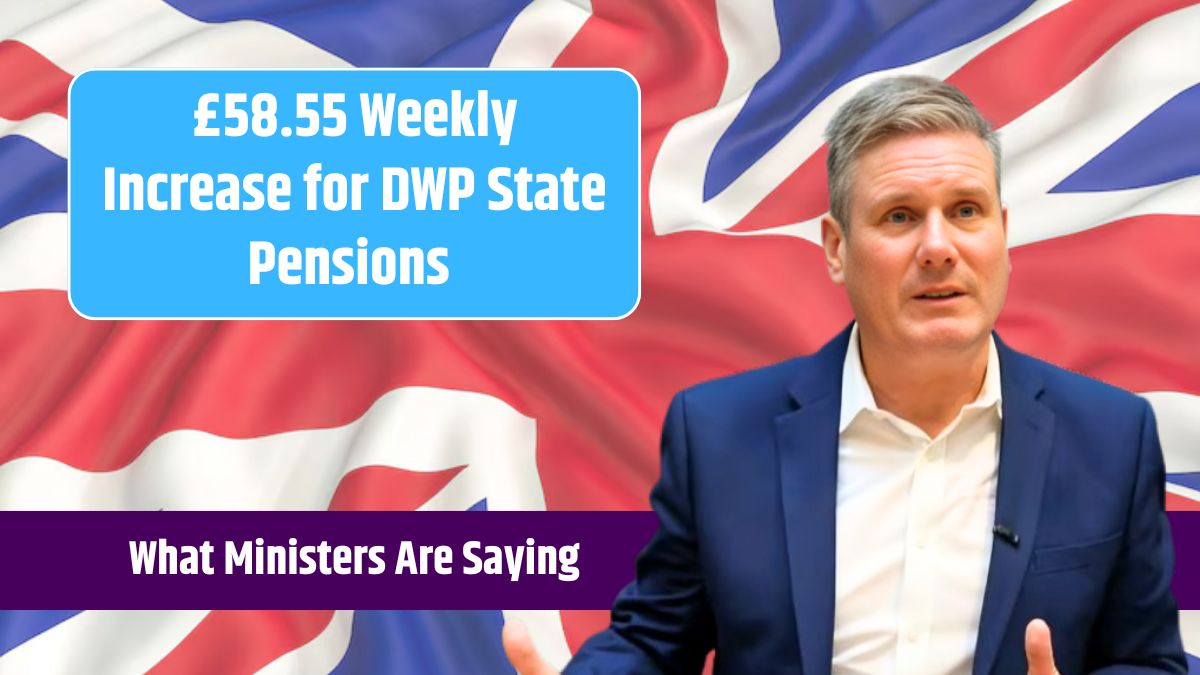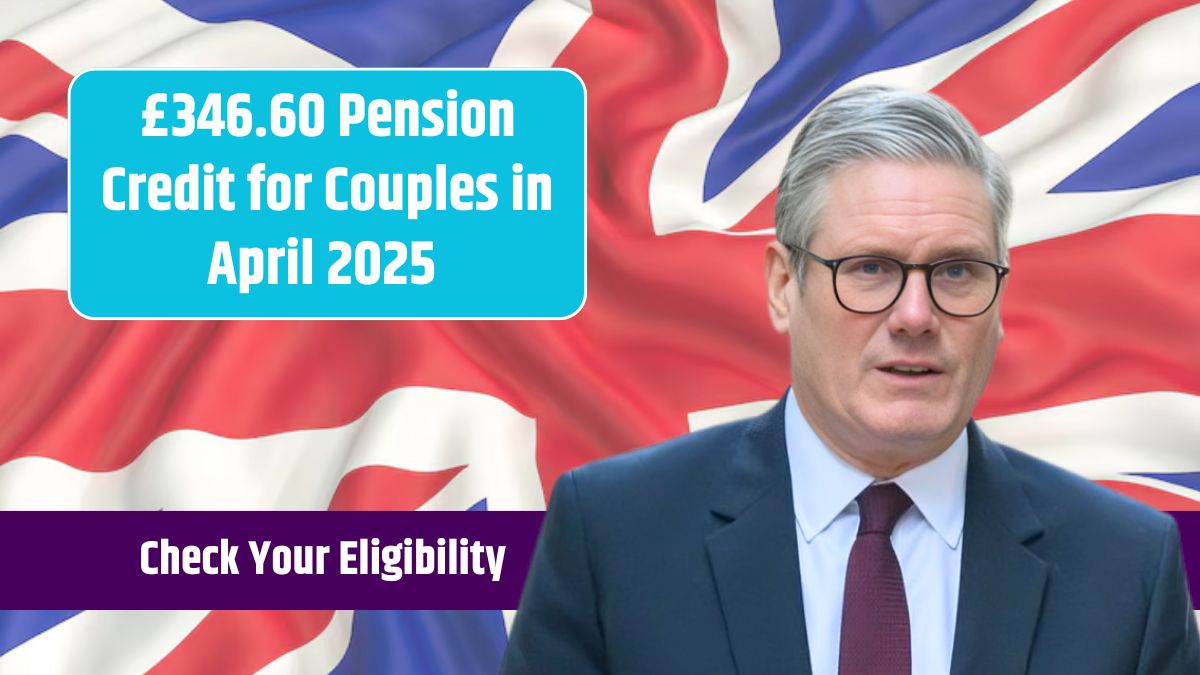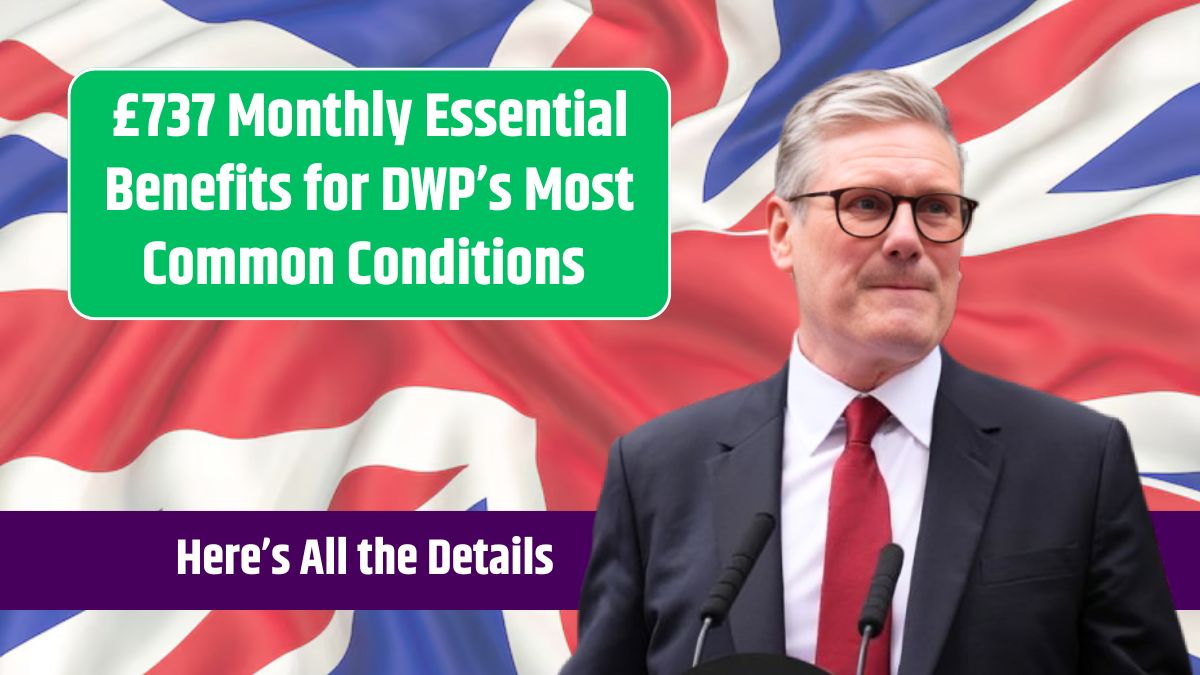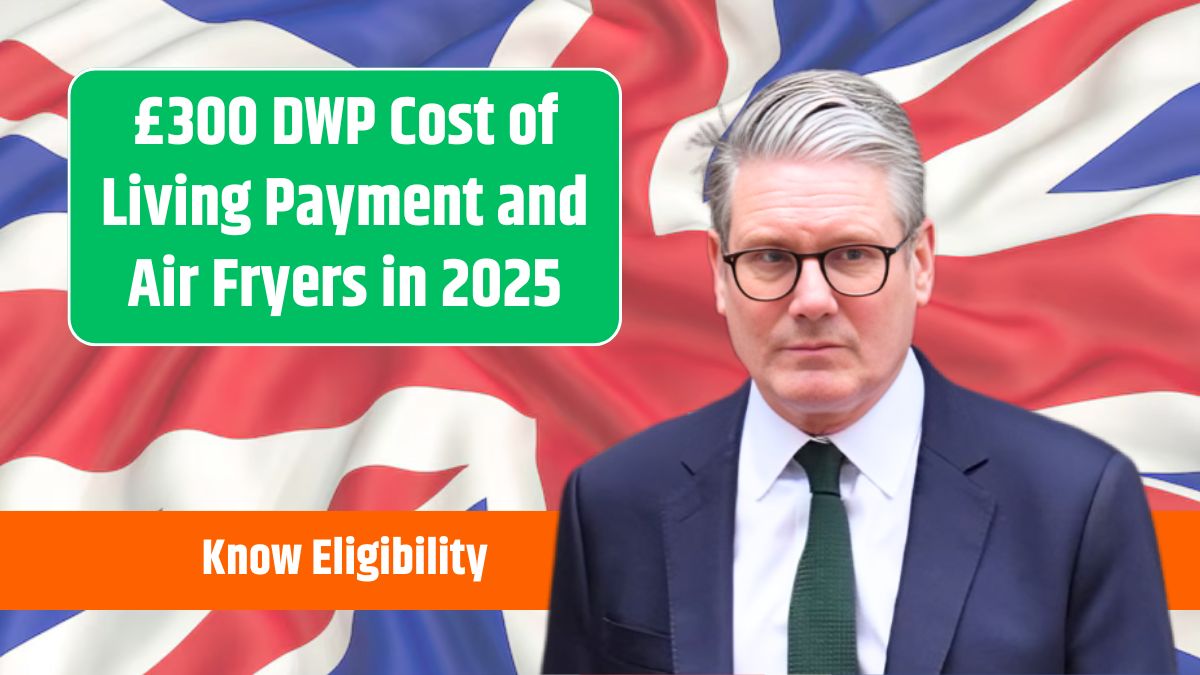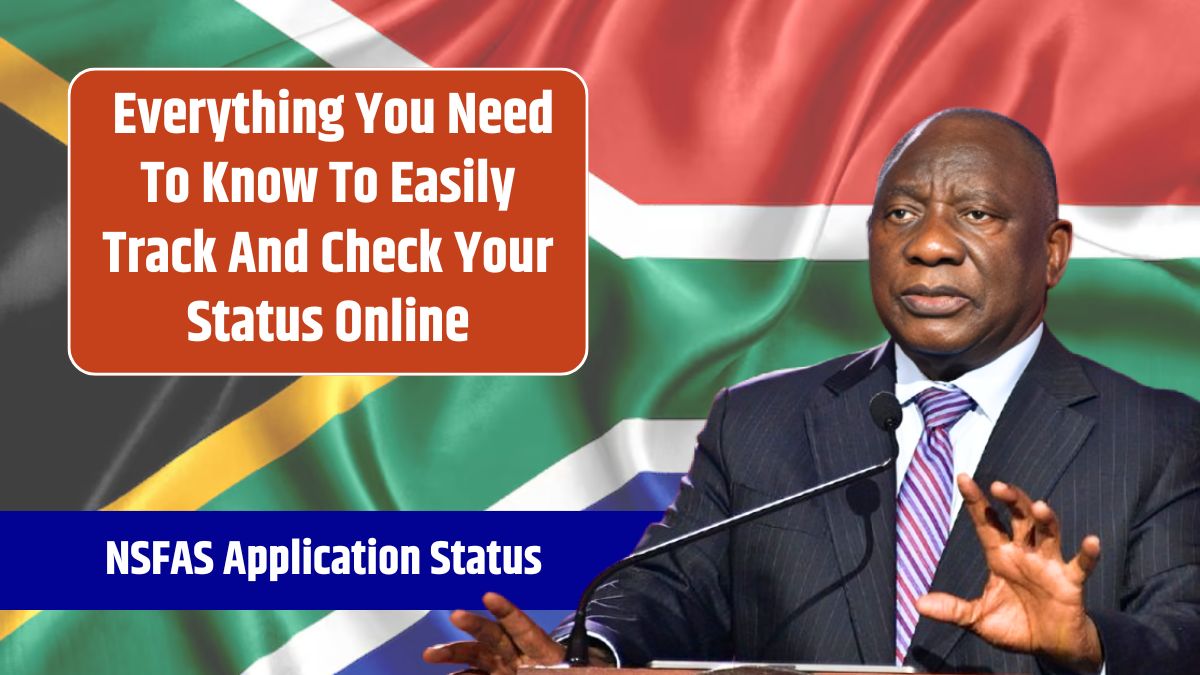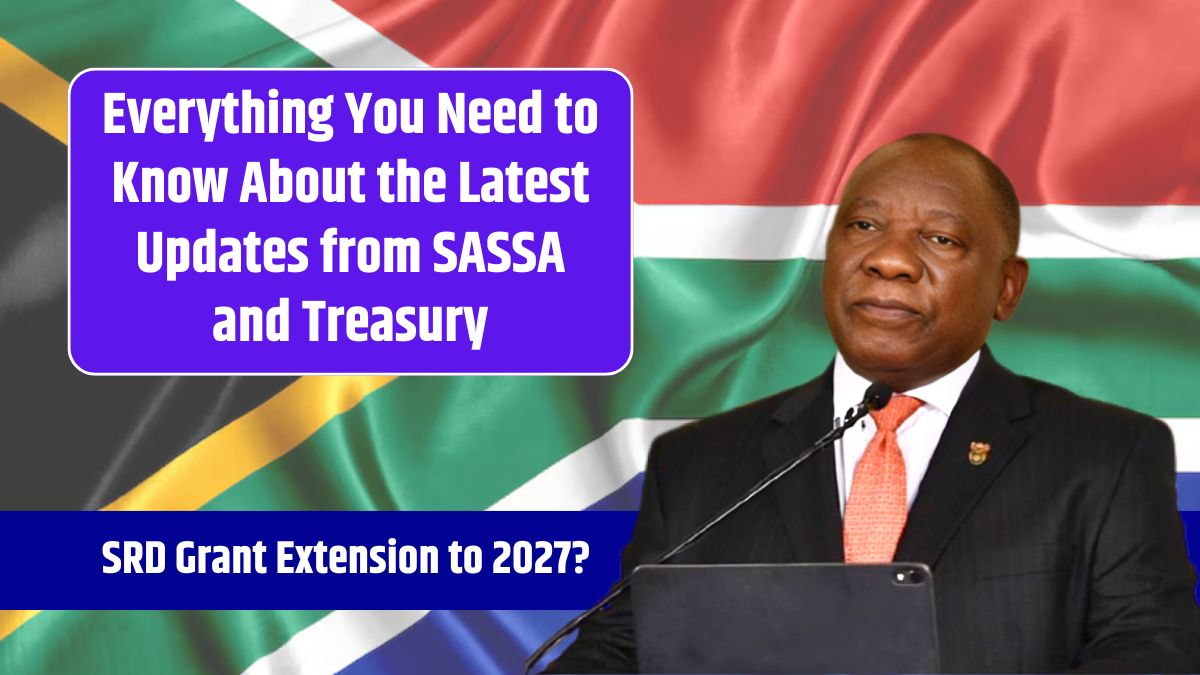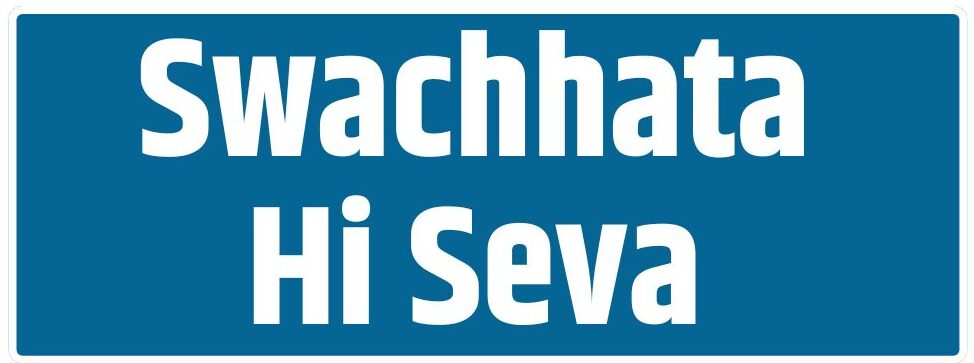Personal Independence Payment (PIP) is about to undergo major changes as the Department for Work and Pensions (DWP) plans to reform disability benefits. These updates aim to improve how the PIP service works—from payments and eligibility to decision-making.
Although exact details are still under wraps, we already know the government is shifting its focus to encourage more disabled people to find work and reduce the growing cost of health-related benefits.
Here’s what you need to know about these upcoming changes.
Payments
The overhaul of the PIP system will bring significant updates to payments. While full specifics are yet to be revealed, the government’s Health Transformation Programme aims to modernize the PIP service, making it more efficient for claimants.
This may affect how payments are processed and reviewed, but there are concerns that some could lose financial support.
For those receiving Universal Credit and Employment and Support Allowance (ESA), the situation could be even tougher. The government may scrap additional top-up payments for some claimants by 2028/2029, potentially impacting around 400,000 people. If this happens, it could save the government £3 billion, but many individuals may lose out on essential financial help.
Eligibility
Eligibility criteria for PIP will also be updated as part of these reforms. Currently, PIP supports individuals with physical and mental health conditions. However, the Centre for Social Justice (CSJ) has proposed changes for people with less severe mental health issues.
Instead of receiving cash payments, they might be offered alternative forms of support like therapy or access to local community services.
This approach may be helpful for some, but it raises concerns about whether it will leave claimants without the financial support they rely on for day-to-day living expenses.
Work Capability Assessment
The work capability assessment (WCA) is another key area under review. This assessment helps determine whether someone is fit to work or qualifies for additional incapacity-related benefits alongside Universal Credit and ESA.
There is a chance the WCA could be scrapped by 2028/2029. If that happens, many people could lose access to the extra financial support they currently receive.
Labour has also expressed plans to make similar savings while committing to a fairer system for claimants. The DWP insists that upcoming changes will be informed by feedback from disabled people and advocacy groups.
Consultation Process
The government plans to involve disabled individuals and organizations in shaping these reforms. The Health and Disability Green Paper, expected to be published around the time of the Chancellor’s Spring Budget on March 26, will detail the proposed changes. A consultation period will give claimants and advocacy groups a chance to share their opinions.
According to DWP Minister Sir Stephen Timms, listening to disabled people and their representatives will be crucial in creating a system that works for everyone. Feedback will be gathered through public visits, roundtable discussions, and consultations with national charities.
Non-Financial Support
One of the more controversial ideas involves replacing cash benefits with non-financial support for those with less severe mental health conditions. This might include therapy, referrals to community activities, or other services to help improve well-being without direct payments.
A poll by the CSJ found that 48% of people support this approach, believing non-cash benefits would better support individuals with mild mental health conditions. However, only 18% of respondents favored replacing cash payments altogether.
As these changes unfold, the government aims to balance budget concerns with providing meaningful support to disabled people. The consultation period will be an essential opportunity for claimants to ensure their voices are heard. Whether these reforms will improve lives or create new challenges is yet to be seen.
FAQs
What is PIP?
PIP stands for Personal Independence Payment, a UK disability benefit.
What changes are expected for PIP?
Reforms will focus on payments, eligibility, and decision-making.
When will the changes be announced?
The Health and Disability Green Paper is expected on March 26.
Will mental health claimants lose cash payments?
Some with mild conditions may receive non-cash support instead.
Can claimants give feedback on the reforms?
Yes, there will be a consultation period for public input.
